detail profile kaci tizi ouzou
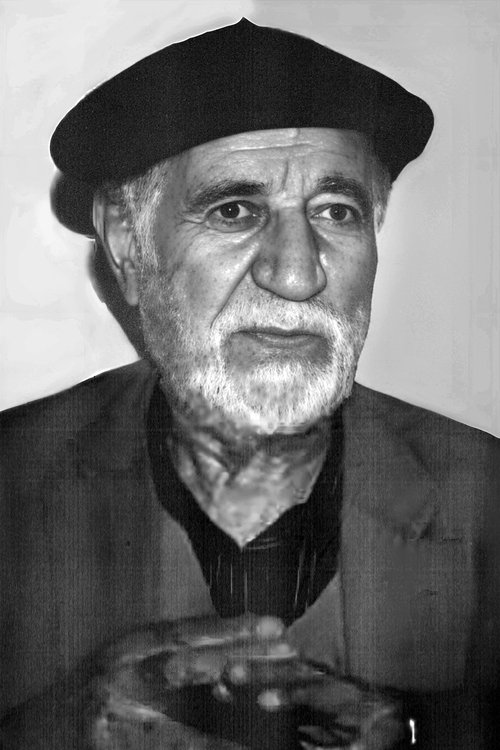
Kaci Tizi Ouzou
Hamid Lourari
atau dikenal sebagai
Riwayat Hidup
Kaci Tizi Ouzou, born Hamid Lourari in 1931 in Beni Ourtilane and died on November 19, 2014 at the age of 83 in Algiers, is an Algerian actor, humorist and singer.
Hamid "Kaci Tizi Ouzou" Lourari joined Bey Rédha's troupe at the age of 14 and began performing on stage in 1948 before going on a national tour between 1950 and 1954.
During the Algerian National Liberation War, Hamid Lourari joined the national cause and left for France where he was arrested several times, for possession of weapons or for having hosted meetings of activists, before being released in 1961 and returning to Algeria.
The day after independence, he joined Radio Chaîne II where he hosted his first shows, based on sketches and songs, with Mohamed Hilmi.
In 1968, Hamid Lourari met his sidekick Ahmed Kadri, alias “Krikèche”, whom he accompanied on stage and on television under the stage name “Kaci Tizi Ouzou”, he also formed a duo with Hassan El Hassani.
Popular figure with more than 30 years on the radio, a rich career of more than 6,000 radio broadcasts full of satire and derision, multiple appearances in cinema, on television and a long career on the stage, Kaci Tizi Ouzou published, in 2006, with Anep editions his memoirs entitled "Ammi Kaci or the memories of Kaci Tizi Ouzou".
Hamid Lourari "Kaci Tizi Ouzou" died on Wednesday November 19, 2014, after a long fight against illness at the age of 83.
Info Pribadi
Peran Yang Di Mainkan Kaci Tizi Ouzou
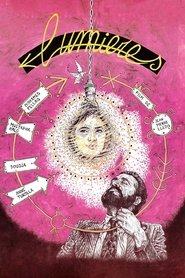 Long quest for a director specializing...
Long quest for a director specializing...Lumières 1989
Long quest for a director specializing in commissioned films, who after a depression rediscovers his loved ones, his Casbah district, himself. Taken in hand, for a while, by his Islamist neighbor, it is above all the meeting with an old projectionist giving him a censored history of cinema and Algeria, which helps him to change, and to accept his own fantasies, embodied by Marilyn Monroe and the Andalusian.
 Maamar Sid Ali Kouiret a young...
Maamar Sid Ali Kouiret a young...Echebka (الشبكة) 1976
Maamar (Sid Ali Kouiret), a young fisherman working in a small port in western Algeria, is forced to sell his goods at a discount every day to Si Khelifa (Abdelhalim Rais), owner of many trucks and a cannery where the wives work fishermen. He has a strange encounter. As he returns from fishing, bassinet in hand, he witnesses a car accident. Indeed, a car hits a tree with a beautiful girl “Hayat” on board who has lost consciousness. Maamar pulls her out of the car and saves her. It is at this precise moment that he realizes the existence of another world. As if awakened from a long sleep, he realizes that this exploitation can no longer continue. He leaves his village and his wife Laâlia (Fatima Belhadj) on a whim for three years. He finds himself in the capital which he leaves to return to his village and carry out a saving action...
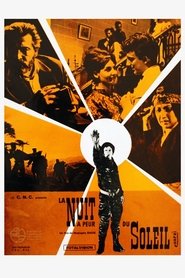 Historical film in four scenes which...
Historical film in four scenes which...The Night Is Afraid of the Sun 1965
Historical film in four scenes which retrace the returns, the progress and the outcome of the war of liberation in Algeria. The first painting, “The land was thirsty” describes aspects of injustice and colonial oppression. The second “The Paths to the Prison” recounts the sufferings of the people engaged in combat. The last two are the stories of two lives.
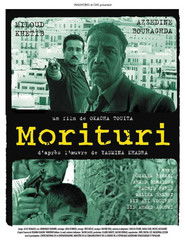
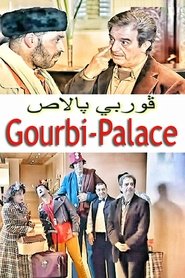 A poor man rescues a rich...
A poor man rescues a rich...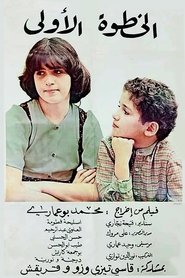 A modern couple seeks to find...
A modern couple seeks to find...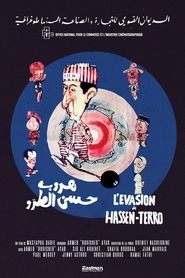 Directed by Mustapha Badie
Directed by Mustapha Badie